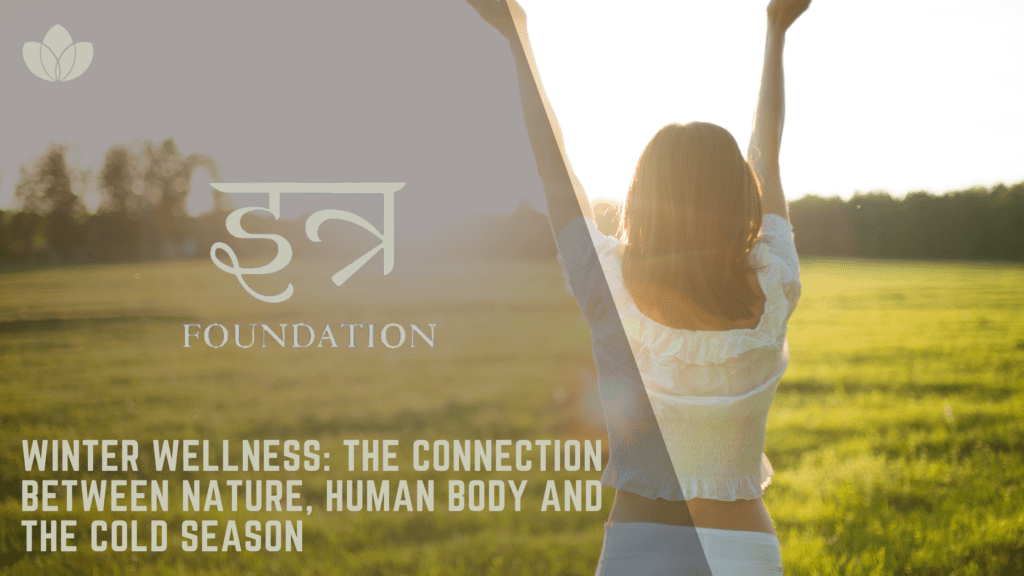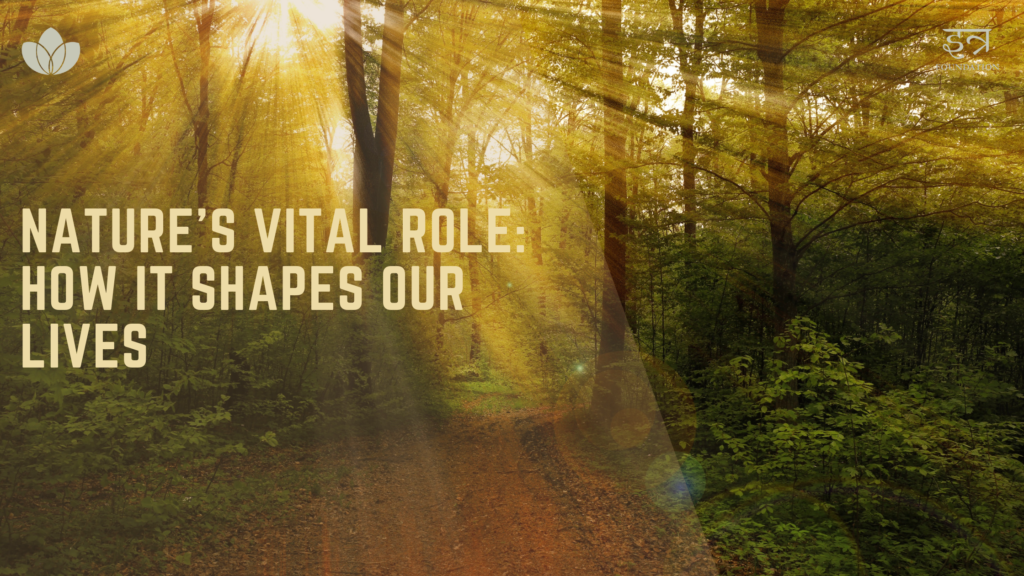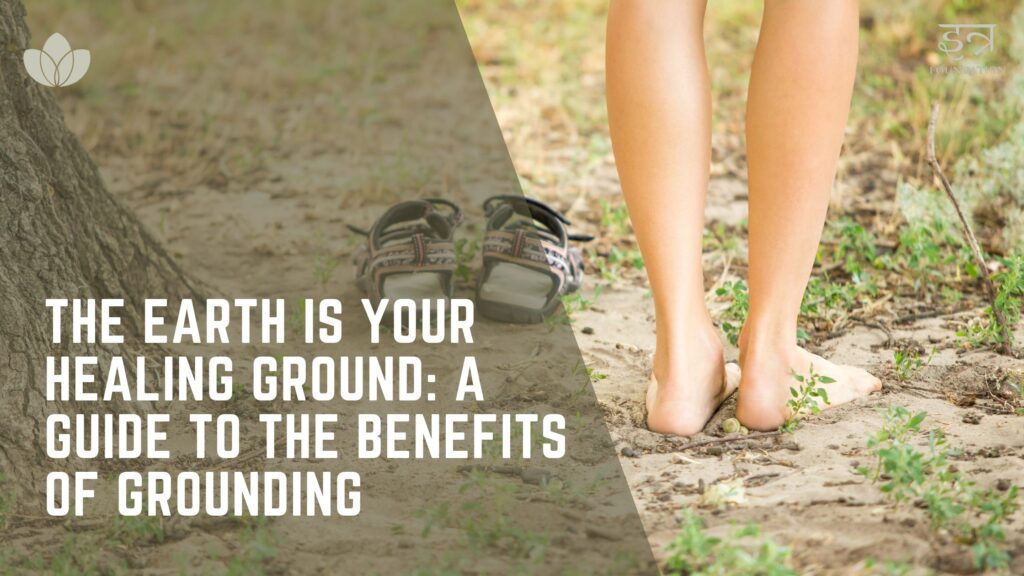Nature has always been a source of inspiration, beauty and tranquility. In recent years, studies have shown that nature can also play a vital role in promoting mental health and well-being. The connection between nature and mental wellness is becoming increasingly recognized as an important aspect of overall health and well-being. From reducing stress, anxiety and depression to improving cognitive function and overall well-being, the benefits of nature on mental health are numerous. This blog post will explore the connection between nature and mental wellness, highlighting the benefits of nature on mental health, the effects of urbanization and technology on mental health, and how to incorporate nature into daily life to improve overall well-being.
Read More: Enabling Sustainable Lifestyles in a Climate Emergency
The benefits of nature on mental health


The benefits of nature on mental health are numerous and well-documented. Studies have shown that spending time in nature can reduce stress, anxiety and depression, improve cognitive function and overall well-being. One of the key ways nature can improve mental health is by reducing stress levels. Being in nature, or even viewing nature scenes, can help to lower levels of the stress hormone cortisol and increase feelings of calm and relaxation. This is thought to be due to the soothing and peaceful qualities of nature, which can help to counteract the negative effects of stress and promote a sense of well-being.
Nature can also improve cognitive function and overall well-being. Studies have shown that spending time in nature can improve attention, concentration and memory, as well as boost creativity and problem-solving abilities. Furthermore, nature can increase feelings of happiness, self-esteem and life satisfaction. The calming and peaceful qualities of nature can help to counteract the negative effects of stress, anxiety and depression and promote a sense of well-being.
Nature-based therapies and interventions have been found to be effective in treating mental health conditions such as stress, anxiety and depression. For example, nature walks, gardening, and forest therapy have been found to be effective in treating stress, anxiety and depression. Furthermore, bird watching, hiking, and camping are activities that can help to reduce stress and promote overall well-being.
The effects of urbanization and technology on mental health


Urbanization and technology have brought many benefits to society, but they also have negative effects on mental health. Urbanization, which is characterized by the concentration of people and activities in urban areas, can lead to increased noise, air pollution, and lack of green spaces. This can have a detrimental impact on mental health, increasing the risk of stress, anxiety and depression.
Technology, while it has brought many benefits, can also have a negative impact on mental health. The constant use of technology and the pressure to be connected 24/7 can lead to increased stress and anxiety, as well as sleep problems and poor mental well-being. The use of social media and the internet can also lead to feelings of isolation, depression, and anxiety. Furthermore, the constant use of technology can lead to less time spent in nature, which can have a detrimental effect on mental health.
It’s important to note that while urbanization and technology have negative effects on mental health, nature can provide a counterbalance. Studies have shown that access to green spaces, such as parks and gardens, can help to mitigate the negative effects of urbanization on mental health. Similarly, taking regular breaks from technology and spending time in nature can help to counteract the negative effects of technology on mental health.
How to incorporate nature into your daily life


Incorporating nature into daily life can be as simple as taking a walk in the park or spending time in a garden. Even small doses of nature can have a positive impact on mental health. Here are a few ways to incorporate nature into daily life:
- Spend time outdoors: Take a walk in the park, go for a hike in the woods, or simply spend some time in your backyard.
- Incorporate nature into home decor: Bring the outdoors in by incorporating plants and natural materials into your home decor.
- Gardening: Planting a garden, no matter how small, can provide a connection to nature and can be a relaxing and therapeutic activity.
- Nature-based activities: Activities such as bird watching, hiking, and camping can help to reduce stress and promote overall well-being.
- Get away from technology: Taking regular breaks from technology and spending time in nature can help to counteract the negative effects of technology on mental health.
It’s important to remember that incorporating nature into daily life doesn’t have to be a big commitment. Even small doses of nature can have a positive impact on mental health. The key is to find ways to incorporate nature into daily life that work for you and to make it a regular part of your routine.
Conclusion
In conclusion, the connection between nature and mental wellness is becoming increasingly recognized as an important aspect of overall health and well-being. From reducing stress, anxiety and depression to improving cognitive function and overall well-being, the benefits of nature on mental health are numerous. Urbanization and technology have negative effects on mental health, but nature can provide a counterbalance. Incorporating nature into daily life can be as simple as taking a walk in the park or spending time in a garden. It’s important to find ways to incorporate nature into daily life that work for you and to make it a regular part of your routine. As we continue to explore the connection between nature and mental wellness, it’s crucial to remember the importance of preserving nature for the benefit of our mental and physical health.






